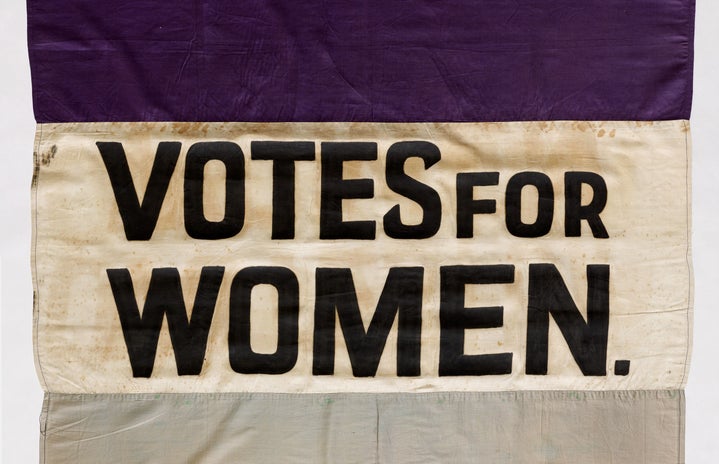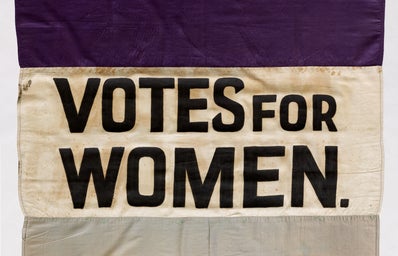For a political party which champions itself as an advocate for social equality, Labour have failed to elect a woman leader as of yet. Time and time again, Labour have missed opportunities to elect women as their party leader- with Lisa Nandy, Rebecca Long-Bailey, Emily Thornberry, and Jess Phillips all running for the Labour Party Leadership election in 2020. So why, then, are a party who are largely seen as progressive failing to create female representation at the very top?
Perhaps it’s the lacklustre coverage of female politicians in the UK. Unfortunately, we are in a gendered political climate where a female MP is more likely to be reported on what they’re wearing, than their policies. Female MPs have the constant threat of being undermined due to their gender, for example I’m sure we all remember Conservative MPs accusing Labour Deputy Leader Angela Rayner of a ‘Basic Instinct ploy to distract Boris Johnson’, which follows a history of Conservative abuse towards successful female Labour MPs. Demonstrations of misogyny and divisive politics like this may be a reason why Labour MPs are less likely to back women as leader of the party, because their gender performance doesn’t align with society’s notion of hegemonic masculinity in politics.
Even following the ‘beergate’ scandal earlier this year, talk about who could replace Keir Starmer, if he were to resign was often centred on the potential of Wes Streeting and Andy Burnham, even though Angela Rayner was already deputy leader. The Ashton-under-Lyne MP admitted it was more difficult to be a woman in politics due to misogynistic abuse in person and on social media. She said: “It’s a fact. And that’s across the political spectrum.”
The prospect of Labour electing a non-white female leader is even more dire. Currently the Shadow Cabinet contains three women of minority ethnicities, but Amnesty International found that black and minority ethnic female MPs are subject to disproportionately more online abuse than their white peers. For example black female MPs are 84% more likely to be the subject of abusive tweets than white women, which subsequently gives them less credibility to run for party leader. The Labour Party should have more potential ethnic minority leadership candidates than the Conservatives, as Labour constitutes 62% of the MPs from ethnic minority backgrounds in the most recent election compared to the Conservatives’ 34%. Labour needs to recognise their talented women, and particularly their minority ethnic female MPs to promote them through the party ranks in the way the Tories have done.
What’s more is that Labour has plenty of competent candidates for a female leader. As of this year, the party has 104 female MPs from a total of 199, and almost half of the shadow cabinet identify as a women. This lends the party to elect a female leader not just to tick tokenistic boxes, but to promote a genuinely viable Labour Leader. However, when Jeremy Corbyn ran for the vote in 2015, he won 59.5% of the vote with Andy Burnham in second (ahead of Yvette Cooper and Liz Kendall), so it seemed that even a male wildcard candidate was seen as more of a feasible leader than the two women running against him. Labour’s ‘problem with women’ therefore is a systemic one.
It seems, that Labour is more comfortable with having women take on auxiliary political roles instead of sole party leadership. In 2020, Rayner won the deputy leader position with Rosena Allin-Khan following in second; the two women ahead of the male candidates running for the position. Labour needs to do better than deputy roles for women, especially as they have a chance in the next general election to form a government, after the Tories’ recent failures. They need to take this opportunity to look at their pool of talented female MPs and understand that women can be just as great leaders as men.

